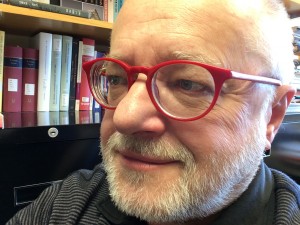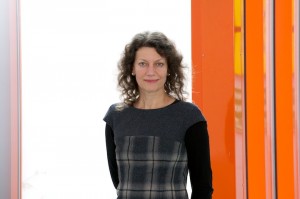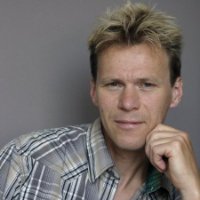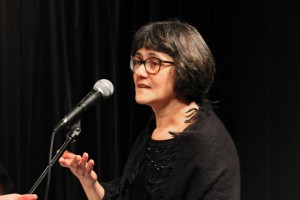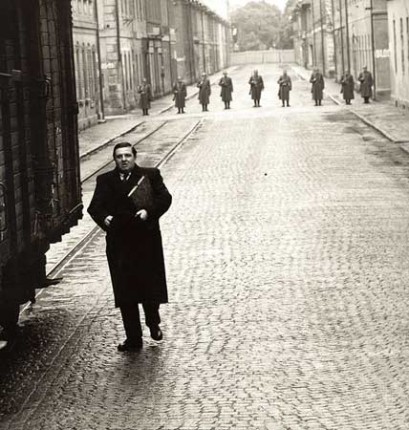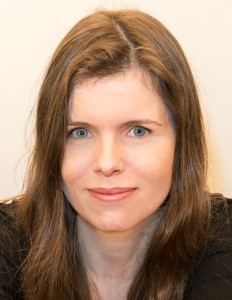 Affiliation / Profession: Head of special collections, research, and information in National Film Archive Prague
Affiliation / Profession: Head of special collections, research, and information in National Film Archive Prague
Research interests: History of Czech and German cinematography (esp. film institutions), production studies, economic history of film, local film history, Czech-German film relations, Nazi film and cultural policy in Protectorate Bohemia and Moravia and in other occupied areas of Europe. Contemporary film practice and film (cultural) policy, history of Czech film production and producers.
Current research project: Bohemian-Moravian Film Chamber (1941-1945)
Latest publications:
Elmar Klos a zestátnění československé kinematografie. In: Jan Lukeš (ed.): Černobílý snář Elmara Klose. Praha: Národní filmový archiv 2011, 51-67.
Česká kinematografie v průniku totalit. Dis-/kontinuita vývoje českého poválečného filmu.In: Od svobody k nesvobodě 1945-1956. Praha: Vojenský historický ústav 2011, 38-47.
Marriages (not only) of convenience: history in Czech Television & television in Czech history. In: Pierre Sorlin et al: History on television in seven Eastern European countries. La Storia in televisione in sette paesi dell´Europa dell´Est. Bologna: Istituto Storico Parri Emilia-Romagna 2010, 65-92 /71-100/.
Českomoravské filmové ústředí jako ambivalentní pilíř protektorátní kinematografie. In: Protektorát v sociokulturních souvislostech. Hradec Králové: Univerzita HK 2009, 43–67.
Marketa Lazarová v zrcadle produkčních dokumentů Filmového studia Barrandov. In: Marketa Lazarová. Studie a dokumenty. Praha: CASABLANCA – Václav Žák 2009, 51–75.
Třináct minut protektorátní idyly. Reportáž z Filmových žní 1941 a co v ní není. In: Film a dějiny 2. Adolf Hitler a ti druzí – filmové obrazy zla. Praha: Casablanca – ÚSTR 2009, 174–1845.
Klasifikace audiovizuálních produktů podle věkových hranic v zemích Evropské unie.Praha: CEMES FSV UK 2009, 33 s. /research study for Ministry of Culture, co-author David Czesany/.
Koncepce klasifikace audiovizuálních produktů podle věkových skupin. Závěrečná zpráva o řešení projektu.Praha: CEMES FSV UK 2009, 83 s. /final research study for Ministry of Culture, co-author prof. Jan Jirák/.
Prag-Film AG 1941-1945. Im Spannungsfeld zwischen Protektorats- und Reichs-Kinematografie.Muenchen: edition text + kritik 2008, 212 pages /introduction by doc. PhDr. Ivan Klimeš/.
Im Prager Spannungsfeld. Machtstrukturen der Kinematografie im Protektorat Böhmen und Mähren. In: Johannes Roschlau (ed.): Zwischen Barrandov und Babelberg. Deutsch-tschechische Filmbeziehungen im 20.Jahrhundert. Muenchen: edition text + kritik 2008, 84-93.
Contact: tereza.dvorakova@nfa.cz


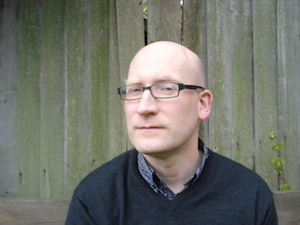 Affiliation / Profession: Reader (Associate Professor) in Russian Culture and Film, Queen Mary University of London
Affiliation / Profession: Reader (Associate Professor) in Russian Culture and Film, Queen Mary University of London